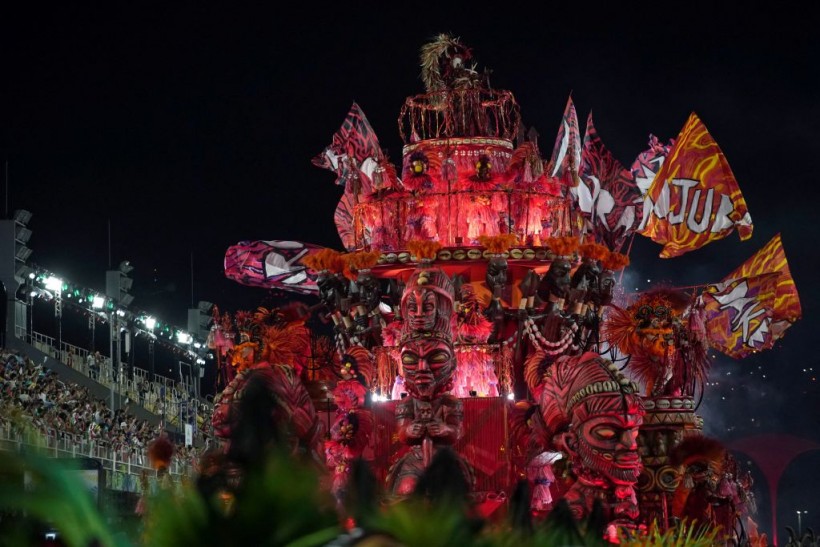Life in Brazil: Get to Know the Culture of the Country That Is Home to World's Most Famous Carnaval

Brazil is known for its globally famous celebration, Carnaval, and for its rainforests, beaches, and city life. Aside from the modern ways in Rio De Janeiro and Brasilia, Brazil is also home to Brazilian society that includes people of indigenous groups, Portuguese, European, and African ancestries.
Brazil is considered the world's fifth-largest country in geographical expanse and the largest nation in Latin America, which covers slightly under half the land mass of the South American continent. It also shares a border with every South American country except Chile and Ecuador.
READ NEXT: Taste of Nicaragua: Traditional Nicaraguan Dishes You Must Try While in the Country
People and Language in Brazil
According to Every Culture, almost all Brazilians speak Portuguese, a Romance language belonging to the Indo-European language family.
It was first introduced to the country by the Portuguese in the early 16th century. Before the arrival of the Portuguese, the native population spoke languages such as Arawakan, Gê, Carib, and Tupi-Guarani.
Tupi-Gurani was spoken by coastal Indians, who were the first to come into extensive contact with the Portuguese. On the other hand, Brazilians' family ties, immediate and extended, generally remain stronger than in western Europe and North America.
Family members customarily live in relatively close proximity to one another, holding frequent reunions or gathering at a family farm or ranch on weekends and holidays.
Various members of an extended family may occupy the same dwelling in the favelas due to economic pressures or family tradition.
Festivals and Celebrations in Brazil
The world's biggest and most famous carnival takes place in Rio de Janeiro every February. According to Veloso, Rio Carnival is considered a fiercely contested competition between professional samba schools.
Enormous floats form the centerpieces of the parades, usually surrounded by Cariocas in colorful costumes while dancing to the beat of live samba music.
Semana Santa is also observed in Brazil every Palm Sunday to Easter Sunday. It is considered to be the most important Catholic event on the calendar for many countries. The celebration tells the story of the Passion of Christ as he passes through different stages of his life and death.
The best place to attend Semana Santa in Brazil is Ouro Preto, having the largest of the historic cities of the Minais Gerais region linked with the Brazilian Gold Rush era.
Brazilian Grand Prix in Sao Paulo is also a highly anticipated event, which usually starts in early or mid-November. The country's love for Formula One has been influenced by the past success of multiple world champions, namely Emerson Fittipaldi, Nelson Piquet, and Ayrton Senna.
Brazil's History
According to Britannica, Europeans explored the Brazilian coastline only after mapping parts of the Caribbean Sea and the northeastern coast of South America.
In 1498, the Portuguese Vasco da Gama discovered an all-water route to the Indies and the Spice Islands. Archaeological sites near the Amazonian towns of Santarem and Monte Alegre showed that the region had been inhabited since at least 9000 BC.
Between two million and six million indigenous Indians lived in the region at the time of European contact in 1500.
This article is owned by Latin Post.
Written by: Mary Webber
WATCH: Brazil: History, Geography, Economy & Culture - From Geodiode
Subscribe to Latin Post!
Sign up for our free newsletter for the Latest coverage!














